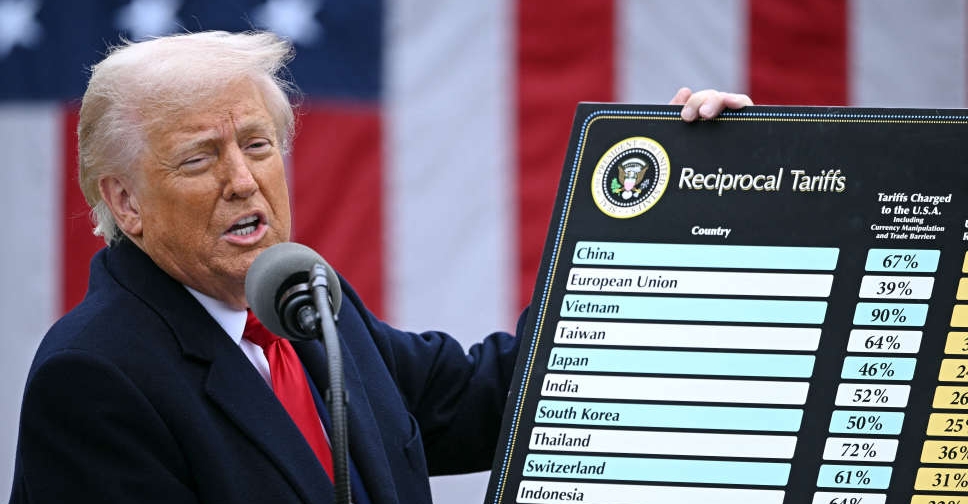
The Federal Trade Commission (FTC) has initiated an investigation into OpenAI, the company behind ChatGPT, to determine if it has violated consumer protection laws.
The probe focuses on OpenAI's handling of personal data, its potential dissemination of inaccurate information to users, and the risks it poses to users, including defamation. This development threatens to complicate OpenAI's relationship with policymakers who have previously lauded the company's technology and its CEO, Sam Altman. Furthermore, it may shift attention to OpenAI's involvement in the ongoing debate surrounding the potential threats posed by generative AI to employment, national security and democracy.
In a recently disclosed 20-page investigative demand, the FTC has issued numerous requests to OpenAI. These include inquiries into the company's data acquisition methods for training its large language models and descriptions of ChatGPT's capability to generate false, misleading or disparaging statements about real individuals. The Washington Post initially reported on the document. The FTC's information request, considered an administrative subpoena, also calls for OpenAI's testimony regarding public complaints, lists of ongoing lawsuits and details of a data leak that the company disclosed in March 2023, exposing users' chat histories and payment information temporarily.
The FTC's demand specifically seeks explanations of OpenAI's testing, tweaking, and manipulation of its algorithms, particularly in terms of producing diverse responses and addressing potential risks in various languages. Additionally, the agency has requested OpenAI to clarify the steps it has taken to address instances of "hallucination," a term within the industry used to describe situations where an AI generates false information. This investigation by the FTC represents the most significant example thus far of direct US government regulation of AI, highlighting Congress's ongoing struggle to keep pace with this rapidly evolving industry. The anticipated fall legislative session is expected to see lawmakers drafting new regulations that will impact the sector. The United States has lagged behind other global policymakers, with the European Union leading the way by advancing landmark legislation that bans the use of AI for predictive policing and imposes restrictions on high-risk applications.
The FTC's decision to investigate OpenAI follows the agency's repeated warnings to businesses against making exaggerated claims about AI or employing the technology in discriminatory manners. Through blog posts and public statements, the FTC has asserted that companies utilising AI will be held accountable for any unfair and deceptive practices associated with the technology.




 Trump to impose 10% tariff on UAE, Saudi Arabia imports
Trump to impose 10% tariff on UAE, Saudi Arabia imports
 UAE tops global entrepreneurship rankings for 4th straight year
UAE tops global entrepreneurship rankings for 4th straight year
 Emirates launches express delivery service
Emirates launches express delivery service
 DEWA reduces CO2 emissions with increased electricity, water efficiency
DEWA reduces CO2 emissions with increased electricity, water efficiency
 UAE's CEPA with Costa Rica, Mauritius come into force
UAE's CEPA with Costa Rica, Mauritius come into force



